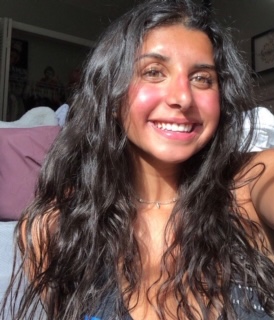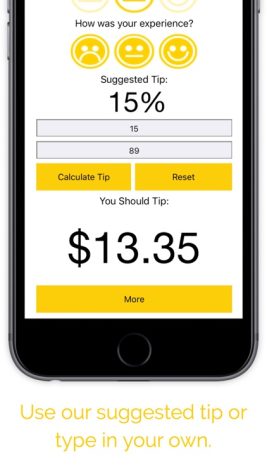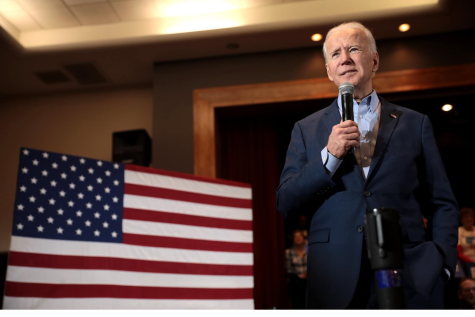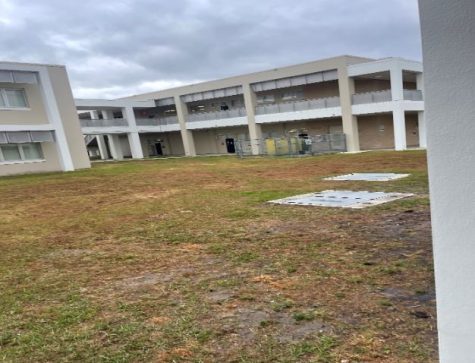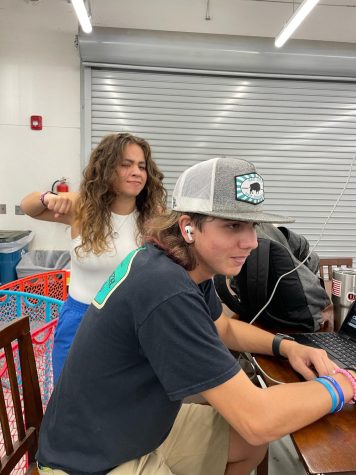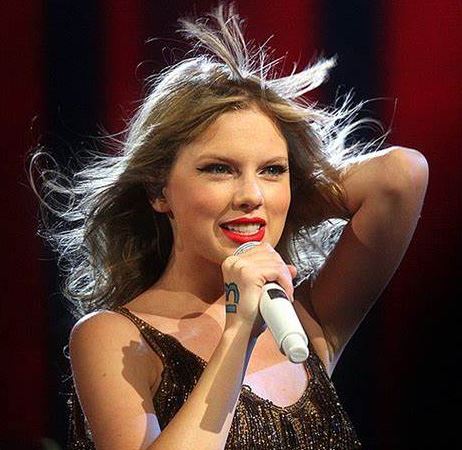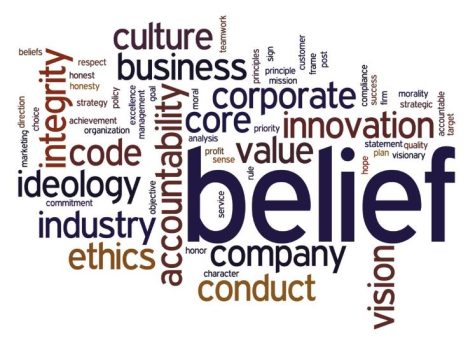One Nation, but Very Divisible
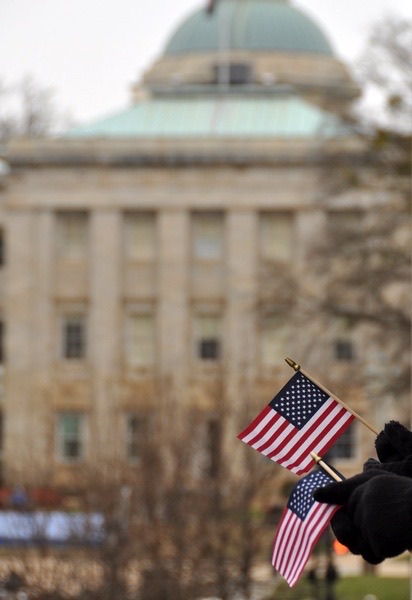
December 14, 2020
I was in the 4th grade when I was confronted with politics in school for the first time. When we were sitting on the show-and-tell carpet, a classmate leaned over and asked if I was voting for Obama or Mitt Romney. I incredulously looked over and replied with the only answer that made sense: “I’m not voting for anyone, I’m only nine.”
After that, politics didn’t play a large part in my life. In middle school, I was focused more on passing notes to my friends, trying to get away with wearing makeup without my mom noticing, and my plans for the weekend. It didn’t matter if my friend’s parents voted red or blue and the president your household supported didn’t come up often in conversation.
Every school district is different and every classroom has a different environment, but from my point of view, political rivalries played little role in my life.
In the 7th grade, whispers of the new Presidential candidates were suddenly heard in every hall. I watched middle school friendships crumble over disagreements between parental political decisions.
It felt as if we were too young to have solid opinions on the topics we were discussing, and most of us just repeated what we heard our parents say.
With the prospects of a new president, I watched my peers become emboldened. My classmates started to etch things like “ Make America Great Again” or “Dump Trump” on the side of their binders.
After Donald Trump was elected as president, political topics seemed to constantly be at the front of our mind.
In the 8th grade, I attended my first protest, watched my friends post on social media, and witnessed a student being told off for wearing a red hat.
In my first year of high school, I watched a young girl brought to tears from a debate in class and a bumper sticker ripped off a car.
In sophomore year, I heard one girl whisper to another “Oh come on. She is just too liberal. I know who she would have voted for; who is she trying to fool?”
Junior year, I watched my classmates attend rallies and protest, cut people with differing opinions off, and proudly post their views on their social media page.
Now, as I’m finishing my senior year, I feel like I’m sitting in a high-charged political environment. With every conversation I start with classmates, I have to wonder what views they support.
Elementary school me would have hated this. The very idea of conflict terrified me, and so it made sense to agree with whatever statement my peer repeated.
Although there are times I wish politics didn’t play such a crucial role in our lives, I’m proud to see where all of my classmates are now.
Students are no longer blindly accepting whatever their parents say and now strive to educate themselves on the topics they discuss.
There is a passion among teenagers everywhere. These students care about what happens in their country.
I can’t deny that there are times where the environment leans toward hostility.
Yet, I still prefer being a part of a generation that doesn’t just accept the status quo.
It’s so enlightening watching my friends pre-registering to vote, speaking out on the things they’re passionate about, and straying away from their parent’s views.
My classmates no longer blindly follow the opinions set before them by adults and I’m seeing a real generational pull towards change.
My classroom is not completely united in their views, but I believe we’re stronger because of it.

